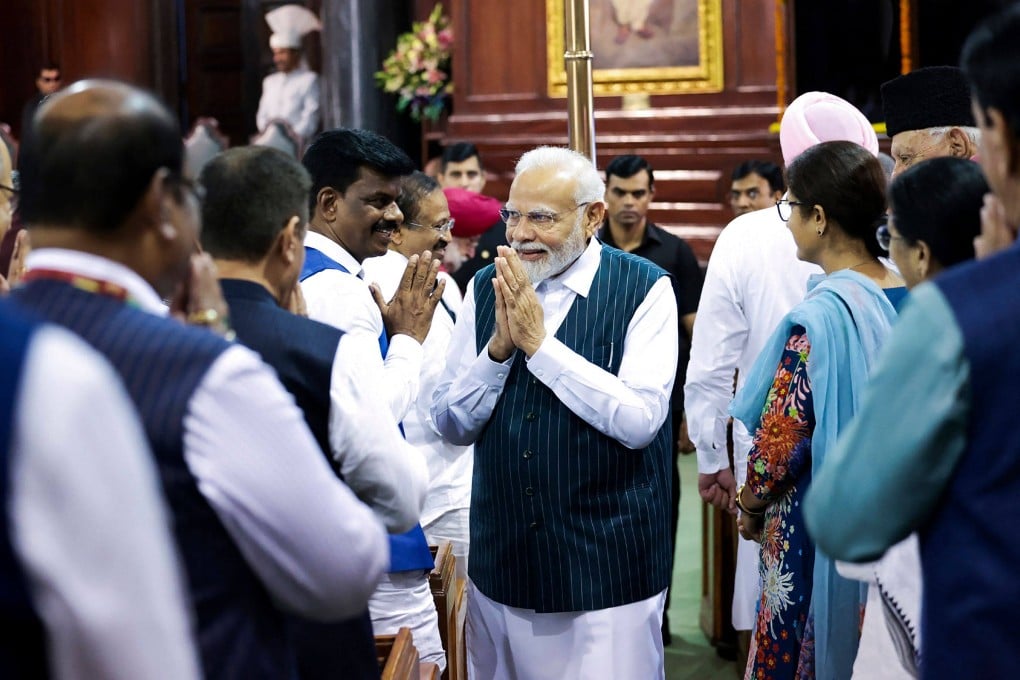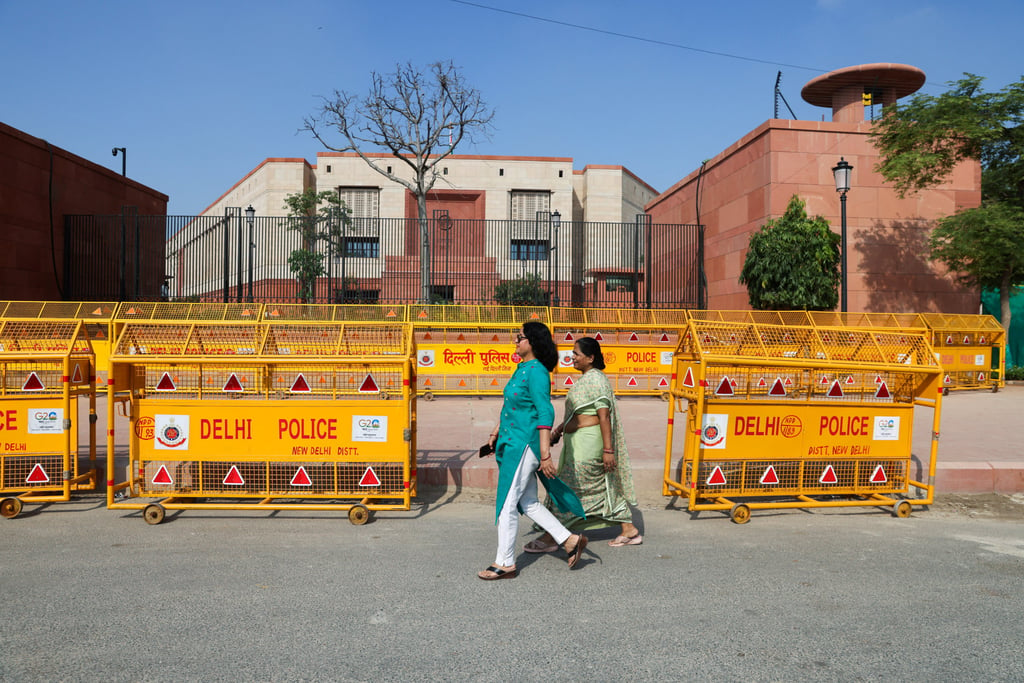In India, a third of lawmakers will soon be women. Is it ‘historic’ or an empty gesture?
- India is set to pass the long-pending bill on Friday but critics caution that it could be an empty gesture bogged by delayed implementation
- The revival of the bill comes months before general elections are due by May 2024 when PM Narendra Modi seeks a third term

The Women’s Reservation Bill, first mooted in 1996 to ensure women are represented at the federal and state levels, was presented to the lower house on Tuesday and welcomed by politicians across the spectrum in a rare moment of unity.
While the bill will transform the face of the traditionally male-dominated parliament after it is approved on Friday as expected, it may not come into force before the 2024 general election as it needs the redrawing of constituencies based on fresh census numbers, which may take years to conduct. The once-in-a-decade census was due to be completed in 2021 but was delayed because of the pandemic.

“We want more and more women to join the development process of the country,” Modi said during a five-day special session that began on Monday.
Critics of Modi say the revival of the bill is designed to reach out to a critical voting bloc as he seeks a third term in the next polls.
“Modi will get all the applause and will not have to do anything for the long foreseeable future,” said Yogendra Yadav, an activist and a political analyst. When you tie the reservation with the census, you have postponed it by five years at least, he said.
Still, others have said the move is a sign of progress, considering the way the bill was first received three decades ago. Back then, some politicians had said there were not enough talented women to fill 33 per cent of seats.
